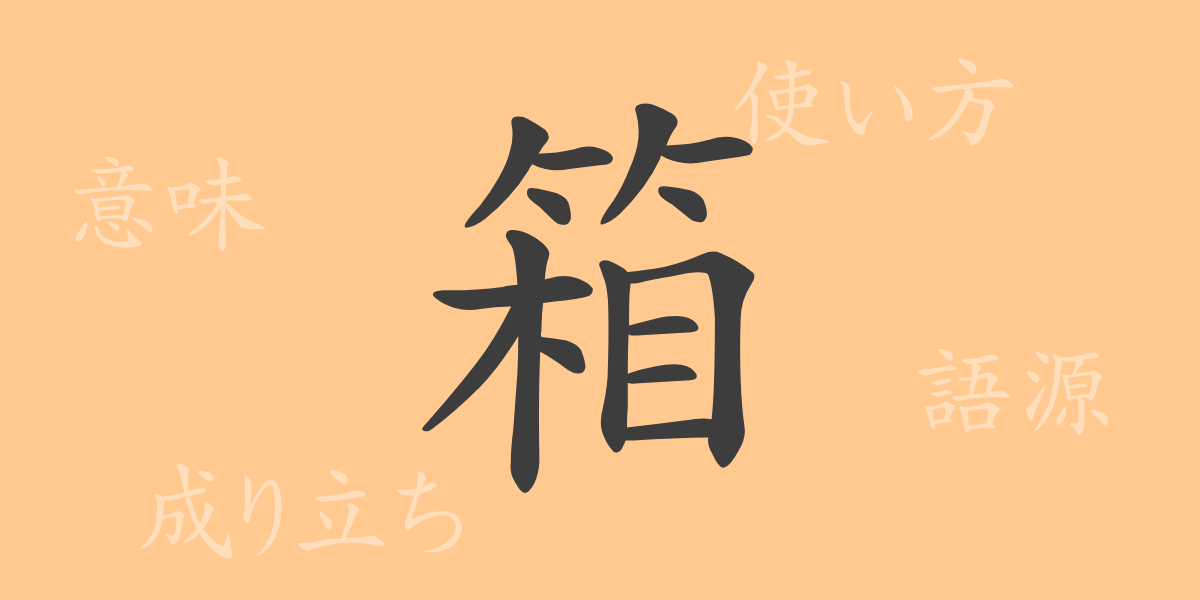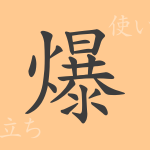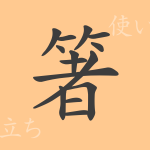In Japanese culture, the character “箱(はこ, hako)” goes beyond just being a container for storing things; it carries diverse meanings and uses. In this article, we explore the deep history, etymology, and the various ways in which “箱(はこ, hako)” is used in our daily lives. We also delve into the idioms and proverbs that include “箱(はこ, hako),” uncovering the cultural significance behind this seemingly simple character.
The Origin of “箱(はこ, hako)”
The character “箱(はこ, hako)” originated in ancient China. Tracing its etymology, we find that it consists of the radical “⺮(たけかんむり, takekanmuri)” meaning “bamboo” and the character “相(そう, sō)” which implies “mutual” or “fitting together.” Initially, it referred to containers made of bamboo used for storing items. Over time, the meaning evolved to encompass containers of various materials used for storage purposes.
The Meaning and Usage of “箱(はこ, hako)”
In modern Japanese, “箱(はこ, hako)” refers to any container used for storing, keeping, or transporting items. These containers come in various shapes, sizes, and materials, such as cardboard boxes, jewelry boxes, and bento boxes, each serving specific purposes. Additionally, “箱(はこ, hako)” can be used metaphorically to represent a confined space or framework.
Reading, Stroke Count, and Radical of “箱(はこ, hako)”
The character “箱(はこ, hako)” is a commonly used kanji in daily Japanese life.
- Reading: The on’yomi (音読み) is “ソウ(そう, sō),” and the kun’yomi (訓読み) is “はこ(hako).”
- Stroke count: 15 strokes
- Radical: 竹(たけかんむり, takekanmuri) – bamboo radical
Idioms, Expressions, and Proverbs Using “箱(はこ, hako)”
In Japanese, there are many idioms, expressions, and proverbs that incorporate the character “箱(はこ, hako).” For example, “箱入り娘(はこいりむすめ, hakoiri musume)” refers to a young woman who has been raised in strict, protective conditions, while “猫(ねこ)を被(かぶ)る(neko wo kaburu)” means to hide one’s true nature and behave meekly. Additionally, the phrase “箱(はこ)の中(なか)に入(はい)る(hako no naka ni hairu)” can imply joining a particular group or organization.
Conclusion on “箱(はこ, hako)”
The kanji “箱(はこ, hako)” is more than just a symbol for a container; it plays an essential role in Japanese life and culture. Its applications are wide-ranging, and it appears in various forms within the language. Through this article, we hope to deepen your understanding of the rich meanings behind “箱(はこ, hako)” and the expressions that incorporate it. You might find yourself looking at the word “箱(はこ, hako)” differently in your daily life from now on.

























